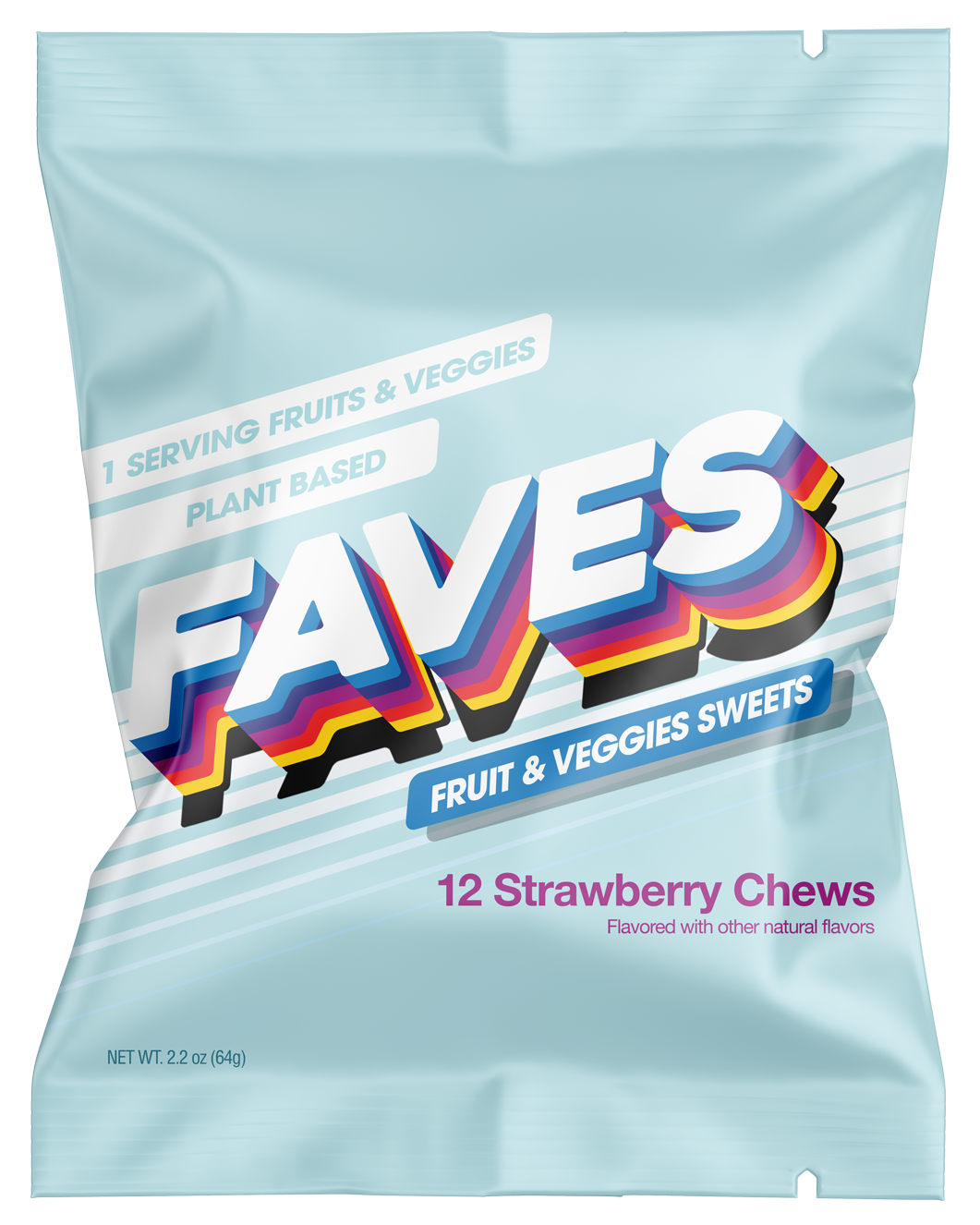Free Shipping on all US orders! 🎉🎉🎉
While we all have a unique routine and lifestyle that impacts how we think and feel, there is one habit we all have in common – sleep. We spend a significant portion of our lifetime sleeping. In fact, the average person will sleep up to 26 years throughout their lifetime! That’s why prioritizing sleep is one of the best things you can do for your physical and mental health. And, while many people don’t have to think twice about falling asleep, many of us struggle with it every day! The CDC even reported that nearly 1 in every 3 adults in the United States does not get sufficient sleep each night (1). Over the past year, there has been such a large increase in the number of people who have reported sleeping problems that it has been given its own definition – caronasomnia (2).

The stress and lifestyle changes brought about by COVID-19 have made it abundantly clear the importance of sleep health. While there are many ways to improve your sleep quality, we love to focus on food power here at FAVES. Keep reading to learn more about what causes sleep disruption and what fruits and vegetables you should consider eating to get better sleep!
The first step to improving your sleep health is understanding the basics of how your body falls and stays asleep. Our bodies run on an internal clock known as our circadian rhythm. This is a natural internal process where the body regulates its sleeping pattern and wakefulness over the 24 hours that take place every day. As we evolved, this cycle was affected by the rising and falling of the sun. Sunlight triggers the release of a hormone called cortisol, which promotes feelings of wakefulness. When the sun sets, the lack of light suppresses cortisol and stimulates the release of a different hormone – melatonin. Melatonin is what signals to our bodies that it is time to sleep.
There are many factors within the modern world, beyond the rising and falling of the Sun, that influences your sleep hormones . For example, the lights emitted by our phones, computer, and television screens similarly affect our brains as the sun by suppressing melatonin production (3). This is why being on your screen late at night can make it harder for you to fall and stay asleep! Many people also have careers and lifestyles that make it hard to follow a set “cycle” of being asleep or awake. Some professionals have jobs that demand abnormal sleep patterns, like nurses who work night-shifts. This can make it hard for their bodies to follow a regular hormone production pattern, resulting in sleep issues.

There are also factors beyond your sleep hormones alone that can prevent you from sleeping well at night. For example, serotonin, also known as the “happy chemical,” plays an essential role in wakefulness (4). Those suffering from anxiety, depression, and other mental health disorders tend to have abnormal serotonin levels, affecting their ability to sleep. Inflammation is another factor that tends to be overlooked when considering sleep health. Inflammation is the body’s response to injury and stress, and it is associated with high levels of cortisol. Research shows that individuals with high inflammation tend to get less sleep at night (5).
One of the most critical factors for promoting healthy sleep patterns is the food you eat! Some vitamins and minerals help keep your body's circadian rhythm stable. Calcium, for example, does more than build strong bones. It is also one of the main building blocks the body uses to make melatonin (6). Another essential mineral is magnesium. It helps our bodies relax by stimulating the parasympathetic nervous system (also known as our “rest and digest” mode). This helps lower nerve activity, which calms the mind and puts muscles at ease. Vitamin C is also essential for sleep health. Its antioxidants reduce inflammation and help lower cortisol levels in the body (see our blog on Vitamin C and sleep for more information!)

Some foods, therefore, will help you sleep better than others. Poor nutrition can hurt your quality of sleep. Vitamin deficiencies can impact your body’s ability to produce hormones like melatonin. Highly processed and sugary foods can also cause sleep issues by promoting inflammation and stress in your body. This can raise your cortisol levels, which can keep you awake at night. However, fruits and vegetables are among the most positive dietary choices you can make when working to improve your sleep quality. They not only provide all of the key nutrients you need for sleep, but they also contain antioxidants, vitamins, and fiber that reduces inflammation and improves your sleep-hormone health.
The kiwi fruit is known for its higher-than-average levels of vitamin C. Research shows that eating 1-2 kiwis before bed can help people fall asleep and stay asleep for longer (3).

These little red gems contain high amounts of melatonin (4). They are also rich in antioxidants that fight inflammation to help you sleep better!

Corn is another food that is full of naturally occurring melatonin. This veggie also boasts high amounts of magnesium and calcium, which support sleep health.

Studies show that a single serving of pineapple can more than double your body's melatonin levels (5)! It is also a great source of vitamin C, making it a perfect sleep-inducing food.

While the banana is famous for its potassium levels, they are also full of magnesium, helping your muscles relax and your mind relax.

Popeye was onto something with this superfood. Spinach is one of the best plant-based sources of calcium and magnesium.

The tomato fruit contains a unique compound called phytonutrient lycopene – it has been found to promote longer sleep cycles, resulting in more restful nights of sleep (6).

Many people may not realize that avocados are chock-full of magnesium too!

